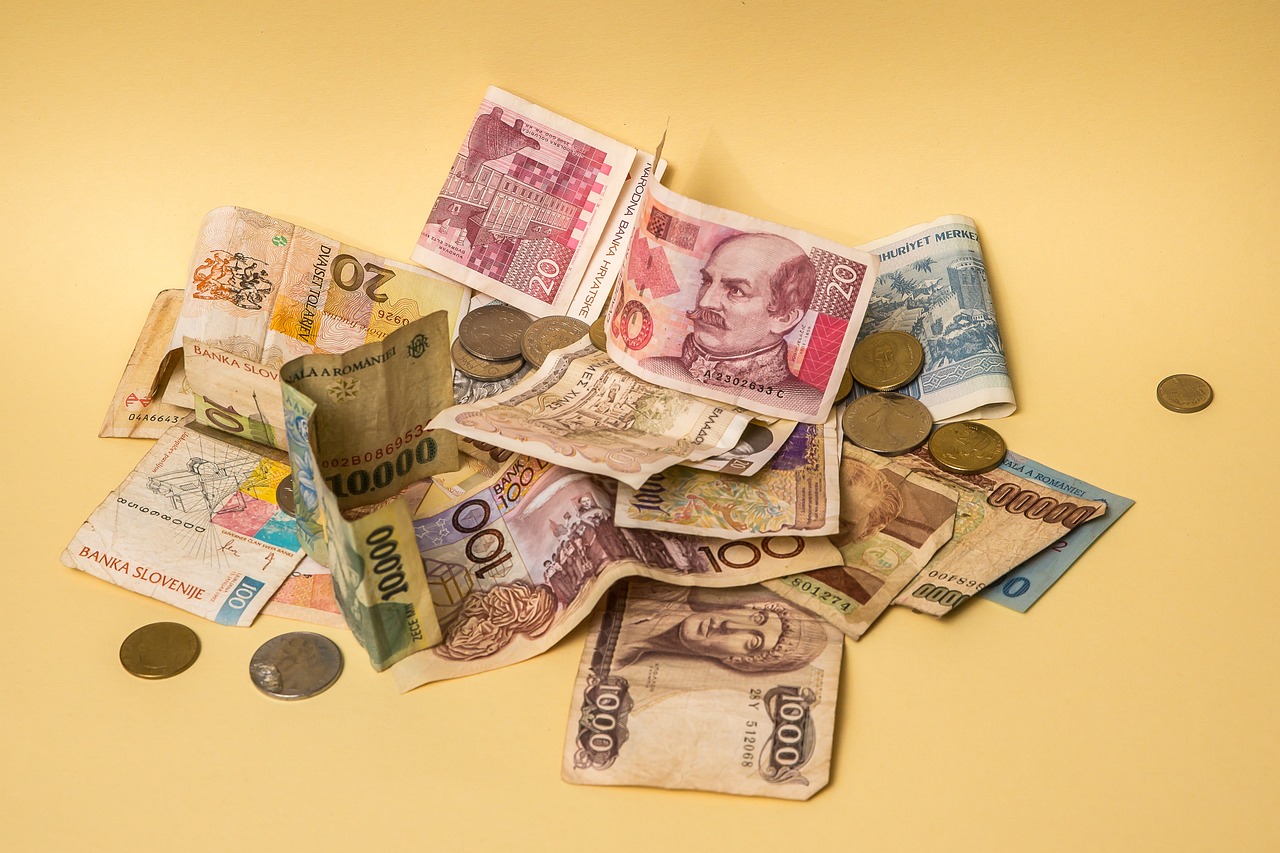Discover Everything You Need to Know About International Bank Transfers: Security, Alternatives, and Handling Large Sums with Confidence
GPT_Global - 2025-05-30 13:30:10.0 167
Do exchange rates affect international bank transfers?
Exchange rates play a critical role in international bank transfers and significantly impact the remittance business. When an individual or business sends money across borders, the currency of the sending country needs to be converted into the currency of the receiving country. This conversion is governed by the prevailing exchange rate. A favorable exchange rate can mean more money is received on the other end, while an unfavorable rate can reduce the amount.
Fluctuations in exchange rates can affect the cost-effectiveness of sending remittances. For example, if a currency weakens, more of that currency is needed to buy the same amount of foreign currency. This can increase the cost for senders and reduce the value received by beneficiaries. Therefore, keeping an eye on exchange rate trends can be crucial for those regularly involved in international bank transfers.
Many remittance services also charge a markup on the exchange rate as part of their fee structure, making it even more important for consumers to compare providers and find the most competitive rates. By understanding how exchange rates work and monitoring their shifts, individuals and businesses can make more informed decisions and potentially save money when executing international transfers.

How can I ensure my bank transfer is secure?
When sending money through a bank transfer, security is paramount. To ensure your transaction is secure, there are several steps you can take. First, always verify the recipient's details before initiating a transfer. Double-check their account number, name, and other relevant information to prevent sending money to the wrong person. Secondly, use a reliable and reputable remittance service. Look for providers that offer secure payment gateways and use encryption technology to protect your financial information. Additionally, check if the provider is regulated by financial authorities and read customer reviews to gauge their reliability. Lastly, enable notifications for all transactions. Most banks and remittance services offer SMS or email alerts for any activity on your account. This way, you can monitor your transfers and quickly report any unauthorized transactions. By taking these precautions, you can make secure bank transfers with peace of mind.What are the alternatives to sending money via bank transfer?
When it comes to sending money internationally, bank transfers are a common option but they aren't the only choice. Discover several alternatives that may save you time and money while providing convenience and security.
One popular alternative is using an online money transfer service. These platforms often offer lower fees and competitive exchange rates compared to traditional banks. Plus, transactions can be completed quickly, sometimes within minutes. Companies like PayPal, TransferWise, and WorldRemit are reputable options in this category.
Another method is using prepaid debit cards. You can load money onto the card and send it to the recipient, who can then use it like a regular debit card or withdraw cash from ATMs. This is especially useful for unbanked individuals.
Mobile wallets are also gaining traction as a money transfer alternative. Services like Venmo, Cash App, and Google Pay allow users to send money directly from their smartphones. This method is incredibly convenient for those who rely heavily on their mobile devices for financial transactions.
Exploring these alternatives to traditional bank transfers can lead to more efficient and cost-effective ways to send money across borders. Be sure to compare fees, exchange rates, and transfer times to find the best option for your needs.
Can I send money to someone without a bank account using a bank transfer?
Many people wonder if they can send money to someone without a bank account using a bank transfer. The short answer is that traditional bank transfers typically require both the sender and the recipient to have bank accounts. However, there are alternative solutions available for sending money to those without a bank account. One popular option is using a remittance service, which allows you to send money directly to a recipient's mobile wallet or for cash pickup at a local agent location. These services often require minimal information from the recipient, such as a phone number or an identification number, making it a convenient option for both parties involved. Another possibility is utilizing prepaid debit cards. You can load money onto a prepaid card and then provide the card to the recipient. This allows them to withdraw cash from ATMs, make purchases, or even pay bills without needing a traditional bank account. It’s a secure and flexible way to ensure your loved ones have access to funds when they need them. Overall, while bank transfers generally necessitate bank accounts, several practical alternatives exist for getting money to those who don't have one. Whether through innovative remittance services or prepaid solutions, sending financial support is more accessible than ever.What are the common reasons for bank transfer delays?
When it comes to remittance, timely and efficient bank transfers are crucial. However, there are several common reasons why bank transfer delays might occur in the remittance business.
One major factor is the difference in time zones. If the sender and recipient banks are located in different parts of the world, the processing times may not align, leading to delays. Additionally, the involvement of intermediary banks can also slow down the process, as each bank needs time to verify and process the transfer.
Regulatory requirements and compliance checks are another reason for delays. Banks need to adhere to anti-money laundering laws and verify the identity of both the sender and the receiver, which can take time. Furthermore, incorrect or incomplete information provided by the sender, such as wrong account numbers or misspelt names, can lead to further delays as banks work to rectify the errors.
Understanding these common reasons for bank transfer delays can help individuals and businesses in the remittance industry better manage their expectations and plan their transactions accordingly.
How do I handle discrepancies in a completed bank transfer?
Handling discrepancies in a completed bank transfer can be a stressful experience, especially for remittance businesses. If you notice an error in a transaction, it's crucial to act promptly. First, review the transaction details to confirm the discrepancy. Then, immediately contact your bank or financial institution to report the issue. Provide them with all necessary documentation and information related to the transfer, such as receipts, transaction IDs, and relevant dates. It’s also important to keep communication open with the receiving party. Inform them about the situation and any steps being taken to resolve it. They may need to take action on their end as well. Be sure to monitor your account and follow up regularly with your bank until the issue is resolved. Keeping detailed records of all correspondences can also be helpful in case further action is required. Remember, addressing discrepancies swiftly can help maintain trust and reliability in your remittance business operations.What documentation is needed to send a large sum via bank transfer?
When sending a large sum of money via bank transfer, it is important to have the necessary documentation to ensure a smooth and secure transaction. Different banks and countries may have varying requirements, but there are some common documents that you will generally need to provide. Firstly, you will need to present a valid government-issued ID such as a passport or driver’s license to verify your identity. Additionally, you must provide proof of the source of funds, which could be a bank statement, pay stub, or tax return. This helps in complying with anti-money laundering regulations. Furthermore, you may be required to fill out a bank transfer form that includes information about the recipient's bank account details, the amount being transferred, and the purpose of the transfer. In some cases, a letter of authorization or a contract may also be necessary. It is always a good idea to check with your bank for specific documentation requirements and any applicable fees before initiating a large sum transfer. By having all the required paperwork in order, you can ensure a hassle-free remittance process.
About Panda Remit
Panda Remit is committed to providing global users with more convenient, safe, reliable, and affordable online cross-border remittance services。
International remittance services from more than 30 countries/regions around the world are now available: including Japan, Hong Kong, Europe, the United States, Australia, and other markets, and are recognized and trusted by millions of users around the world.
Visit Panda Remit Official Website or Download PandaRemit App, to learn more about remittance info.



